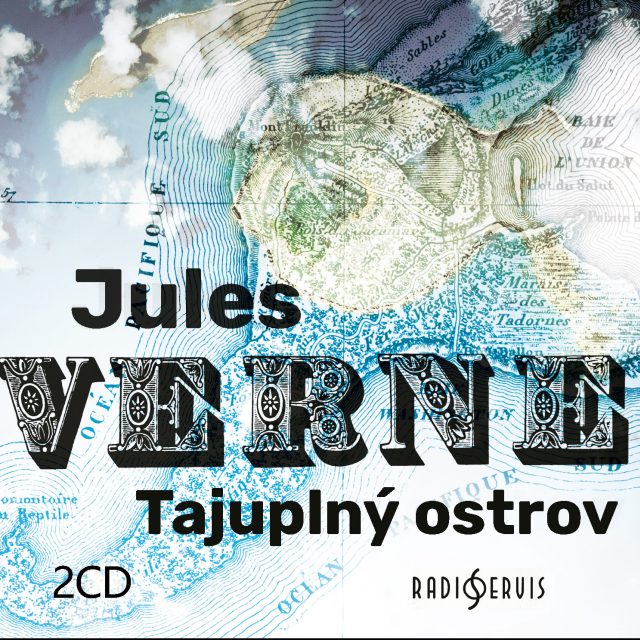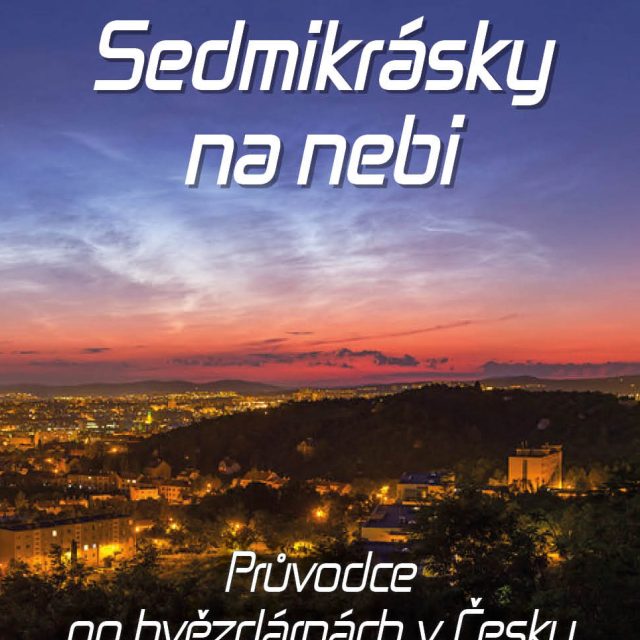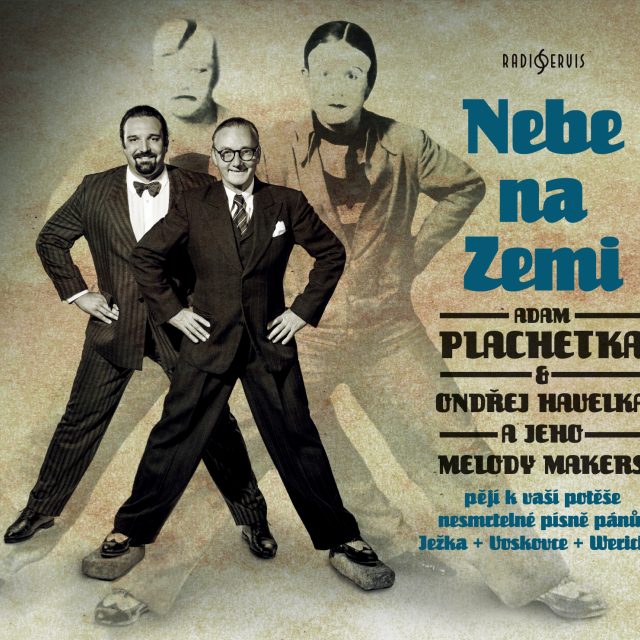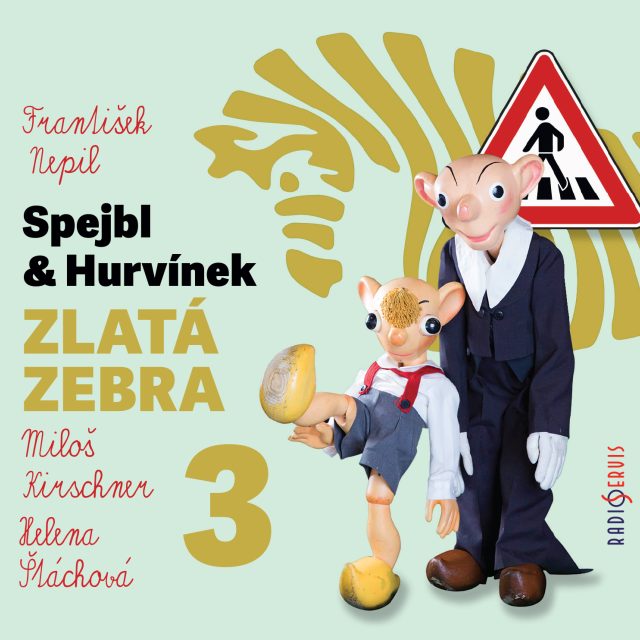Miloslav Kabeláč
* 1 August 1908 Prague† 17 September 1979 Prague
In that generation of Czech composers the majority of whose works fall into the period around the middle of the 20th century, one of the foremost places is held by Miloslav Kabeláč. He graduated from the Prague Conservatory in composition, conducting and piano. For his graduation piano concert, he composed his Fantasy for Piano and Orchestra, about which Professor Kurz wrote on Kabeláč’s graduation diploma, “The fact that Mr. Kabeláč is completing his Master’s piano studies with his own extensive composition of outstanding artistic value says a very great deal about the high aspirations of this young artist.” Later in Prague radio broadcasts this work was performed by the composer’s wife, pianist Berta Rixová, and also by František Maxián, with the radio orchestra conducted by Otakar Jeremiáš. Kabeláč put together for the radio a chamber vocal ensemble, occasionally backed up by instruments, with which he performed mostly contemporary music. It was for a radio broadcast that he conducted the world premiere of the fourth of the Vier Stücke für gemischten Chor (Four Pieces for Mixed Chorus – and instrumental chamber ensemble), op. 27 by Arnold Schönberg; and he conducted Igor Stravinsky’s cantata Les noces for the radio as well as in concert from memory, something that was not very common in those days.
Kabeláč’s first composition displaying a markedly personal style was his cantata Neustupujte! (Do not Retreat!) op. 7, written for male chorus, woodwinds and percussion to the texts of Czech folk songs from the time of the Austro-Prussian Wars in the middle of the 18th century; they end with the Hussite Chorale Ktož jsú boží bojovníci (Ye who are God’s warriors), the closing words of which give the composition its title. This was Kabeláč’s way of reacting to the occupation of the Czechlands by Nazi Germany in March of 1939. The premiere conducted by the composer took place under very special circumstances: on 28 October 1945 in a radio broadcast announcing the election of Edvard Beneš as president of Czechoslovakia.
Quite a substantial portion of Miloslav Kabeláč’s work is represented by his eight symphonies. The second of them was his first orchestral work to be performed abroad, at the festival of the International Society for Contemporary Music in Palermo in 1949. Each of Kabeláč’s symphonies is written for a different set of forces: the fifth has a solo soprano (without any text); the sixth has a solo clarinet; the last one, the eighth Antiphonies for solo soprano, chorus, percussion and organ, had its world premiere in Strasbourg at an “Hommage à Miloslav Kabeláč” concert devoted exclusively to works by Kabeláč. His other Other of his orchestral works constitute another major focus, in particular, Mysterium času (Mystery of Time) op. 31, Hamletovská improvizace (Hamlet Improvisation) op. 46 and Zrcadlení (Reflections) op. 49. Mysterium času was also conducted by Karel Ančerl, chief conductor of the Czech Philharmonic, on the program of that orchestra’s tour of the United States and England in 1965. That same year the Warsaw Autumn Festival featured the premiere of a different noteworthy work but one quite typical of Kabeláč, Eufemias mysterion op. 50, to a text in ancient Greek: the mystery of sacred silence. Its performance at the festival of the International Society for Contemporary Music in Prague in 1967 was acclaimed by the critics as the artistic highlight of the festival. It was for Les Percussions de Strasbourg, a group of young virtuosos on percussion instruments, that Kabeláč wrote his work of greatest international fame, Osm invencí (Eight Inventions) op. 45. The Strasbourg percussionists performed it innumerable times on their concert tours.
After a performance in Prague, composer Klement Slavický wrote to Toronto to Karel Boleslav Jirák, another noteworthy composer, conductor and teacher (who had at one time taught both of them): “Kabeláč enjoyed great success with his Eight Inventions for Percussion Instruments. No one thought you could make music out of that, but he proved you could. He reaped great acclaim. And very deservedly so.” Numerous choreographers have also taken up this work, the most famous of them being Alvin Ailey with the American Dance Theater; his choreography titled Streams, was performed in Prague too in 1979. Kabeláč also wrote another work for the Strasbourg Percussionists: Osm ricercarů (Eight Ricercari) op. 51.
At the end of his life Kabeláč composed the electro-acoustic work E fontibus Bohemicis – Šest obrazů z českých letopisů (From Bohemian Springs: Six Tableaux from Czech Annals) op. 55; since the historical texts used here were originally in Latin, the work, stressing its humanistic message, exists in two versions, a Latin one and a Czech one. Throughout his whole life Kabeláč took great interest in musical cultures from outside Europe. Several of his works thus show the influence of this interest, in particular, the song cycle for alto (without texts) and piano, Ohlasy dálav (Echoes from Far-away) op. 47 and the piano cycle Cizokrajné motivy (Motifs from Exotic Lands) op. 38.
Organists often perform his Dvě fantazie (Two Fantasies) op. 32 as well as his Čtyři preludia (Four Preludes) op. 48; pianists, his Osm preludií (Eight Preludes) op. 30 as well as his Passacaglii (Passacaglia TGM) op. 3, which Kabeláč dedicated to the memory of President Tomáš Garrigue Masaryk, who died in September of 1937 just when the piece was being written. Kabeláč composed effective chamber works too, including the Wind Sextet op. 8, the Balada pro housle a klavír (Ballad for Violin and Piano) op 27, the Sonatina pro hoboj a klavír (Sonatina for Oboe and Piano) op. 24, the Suita pro saxofon a klavír (Suite for Saxophone and Piano) op. 39, Sonáta pro violoncello a klavír (Sonata for Cello and Piano) op. 9, the Improvizace pro flétnu sólo (Improvisations for Flute Solo) op. 29b and the eight bagatelles for flute and harp titled Lamenti e risolini (Laments and Smiles) op. 53. Particularly outstanding among his vocal works are the Milostné písně (Love Songs) for soprano and baritone with piano accompaniment op. 25. In his review of this work composer Karel Šrom wrote of Kabeláč: “He is simple and technically masterful, he comes right out of folk elements; he is comprehensible and yet does nothing cheap nor makes any concessions; he is full of deep and persuasive feeling.” Of Kabeláč’s smaller pieces we should mention at least his Šest ukolébavek (Six Lullabies) for solo alto, small women’s chorus and instrumental ensemble op 29, also set to folk song texts, something Kabeláč was fond of doing. One of his first works, Hra s jesličkami (Nativity Play) op. 4, uses the music and words of folk Christmas carols, and the composer referred to them often.
Kabeláč’s work methods, as was quite common around the world at that time, applied various rational compositional principles, which, however, he had largely created and shaped himself.
He composed a whole series of works for children, and these are also very typical of his style. On these too Kabeláč worked with the true joy of a performing musician. Some works for piano are called Snadná preludia (Easy Preludes) op. 26, intended for children to play during piano lessons. For children’s chorus with piano he wrote the cycle Přírodě (To Nature) op. 35 as well as the “children’s songbook” Modré nebe (Blue Sky) op. 19 and the children’s choruses with piano intended for educational use called Zpíváme (We Sing) op. 43.
Of his own work Kabeláč wrote: “It has sprung from my folk and artistic principles and notions. What its fate will be does not depend on me. Time alone - maybe even bad times – will decide its worth.” Kabeláč’s work has indeed withstood this test of time with resounding success.
Author: Zdeněk Nouza
Nejposlouchanější
-
Jiří Karásek: Muž, který zásadně mluvil pravdu. Hvězdně obsazená detektivní tragikomedie z roku 1965
-
Svatopluk Čech: Výlet pana Broučka do 15. století. Ke 180. výročí narození autora
-
Michel Houellebecq: Mapa a území. Příběh fotografa, který hledá nové způsoby uměleckého vyjádření
-
Miloš Doležal: Jako bychom dnes zemřít měli. Život a smrt Josefa Toufara, kněze umučeného StB
E-shop Českého rozhlasu
Vždycky jsem si přál ocitnout se v románu Julese Verna. Teď se mi to splnilo.
Václav Žmolík, moderátor


Tajuplný ostrov
Lincolnův ostrov nikdo nikdy na mapě nenašel, a přece ho znají lidé na celém světě. Už déle než sto třicet let na něm prožívají dobrodružství s pěticí trosečníků, kteří na něm našli útočiště, a hlavně nejedno tajemství.




